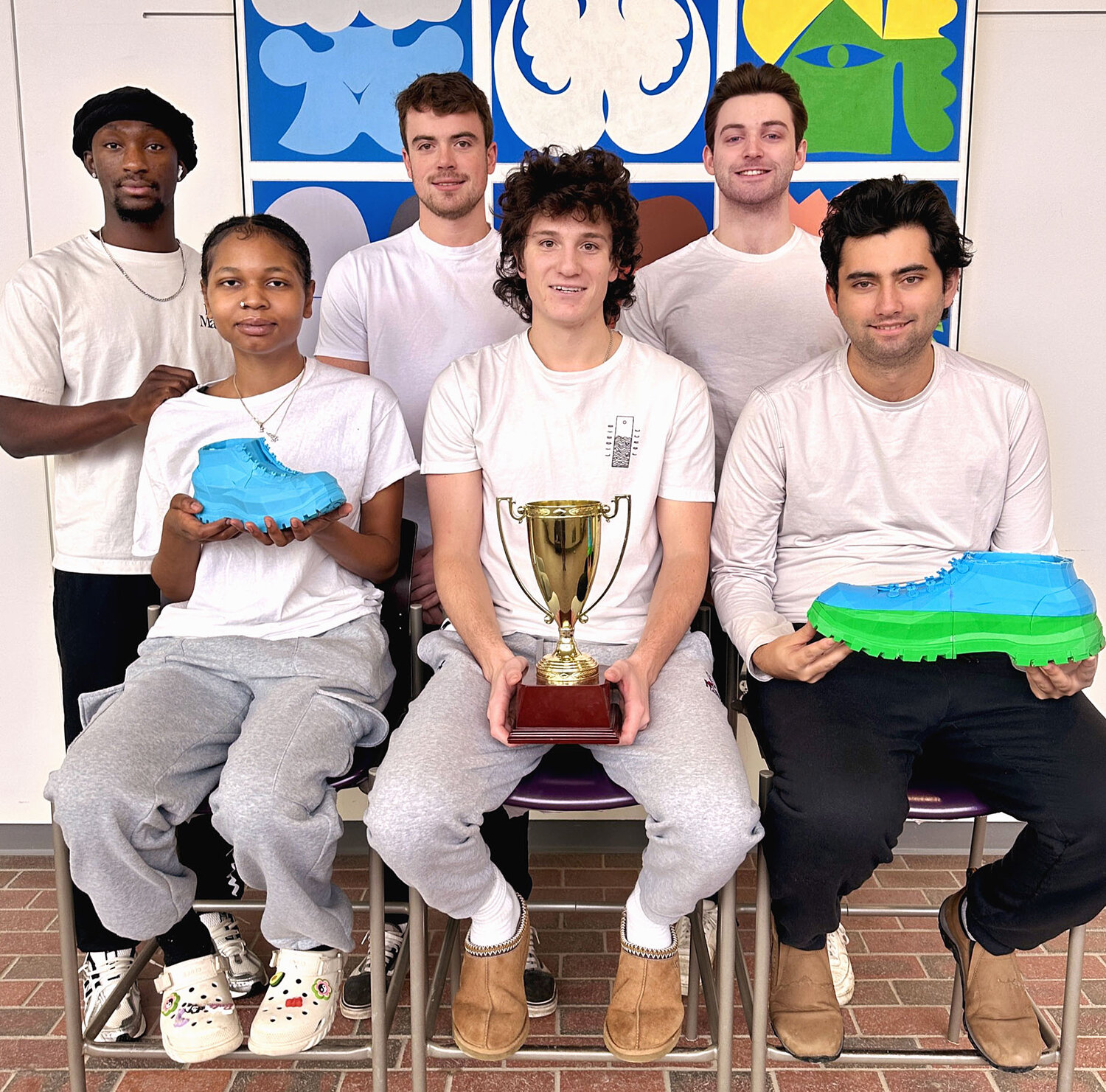Bussiness
SUNY Potsdam business administration students from SLC help win campus entrepreneurial competition – North Country Now

POTSDAM — SUNY Potsdam’s Department of Business Administration recently hosted its 61st Business Plan Competition, which challenges students to develop an entrepreneurial business plan fulfilling the needs of a specific group of consumers. Two St. Lawrence County men were part of the winning team.
This group included David Scovil of Norwood.
“In all honesty, the whole project was smooth. I loved working with my group, who were all very open in communication and worked diligently through the semester. We wanted it, so we made it happen,” said David Scovil.
This semester’s winning team also ncluded Drew Rose of Brasher Falls.
“I really enjoyed this year’s team competition. There were a lot of different aspects that made me become a better student through my preparation and research on our product. I knew there was some tough competition, but deep down, I had a good feeling that our product would be at the top, not just because of the kind of product compared to other groups, but also how focused our team was to perform at our best,” said team member Drew Rose.
Four teams in the capstone Strategic and Global Management class spent the fall semester developing a business plan and original product pitch, starting from scratch. The competition was introduced in 1993 by Professor Dr. Edwin J. Portugal to give business administration students the opportunity to work intensively and collaboratively in teams to create a real-life business plan. The teams present their final strategic business plans in front of external judges, who take the role of venture capitalists.
The six students on this semester’s winning team developed the “Ice Steppaz,” which is a reimagined winter shoe for a specific demographic. The team noted that the archaic and bland design of the original winter shoe strictly designed for cold and snowy weather could be replaced by their test model, footwear specially designed for casual everyday winter use, indoors and outdoors. The team spent the entire semester developing the new product prototype from scratch.
Students were randomly assigned to teams at the start of the semester, with members bringing different sets of skills to the table. In creating the business plans, students learn to set goals, come up with a realistic schedule, develop a team contract of expectations, own up to their responsibilities and be accountable to the team.
The teams’ strategic business plans integrate the business students’ understanding of the business functional areas of accounting, finance, management, marketing, information systems, legal environment, human resource management, and operations management. The Business Model Canvas is used as the theoretical framework.









